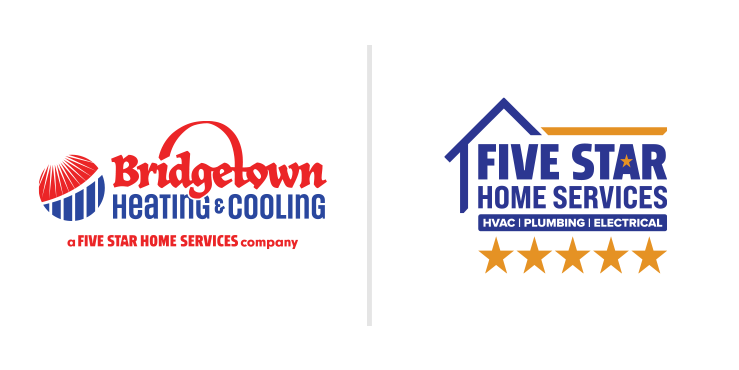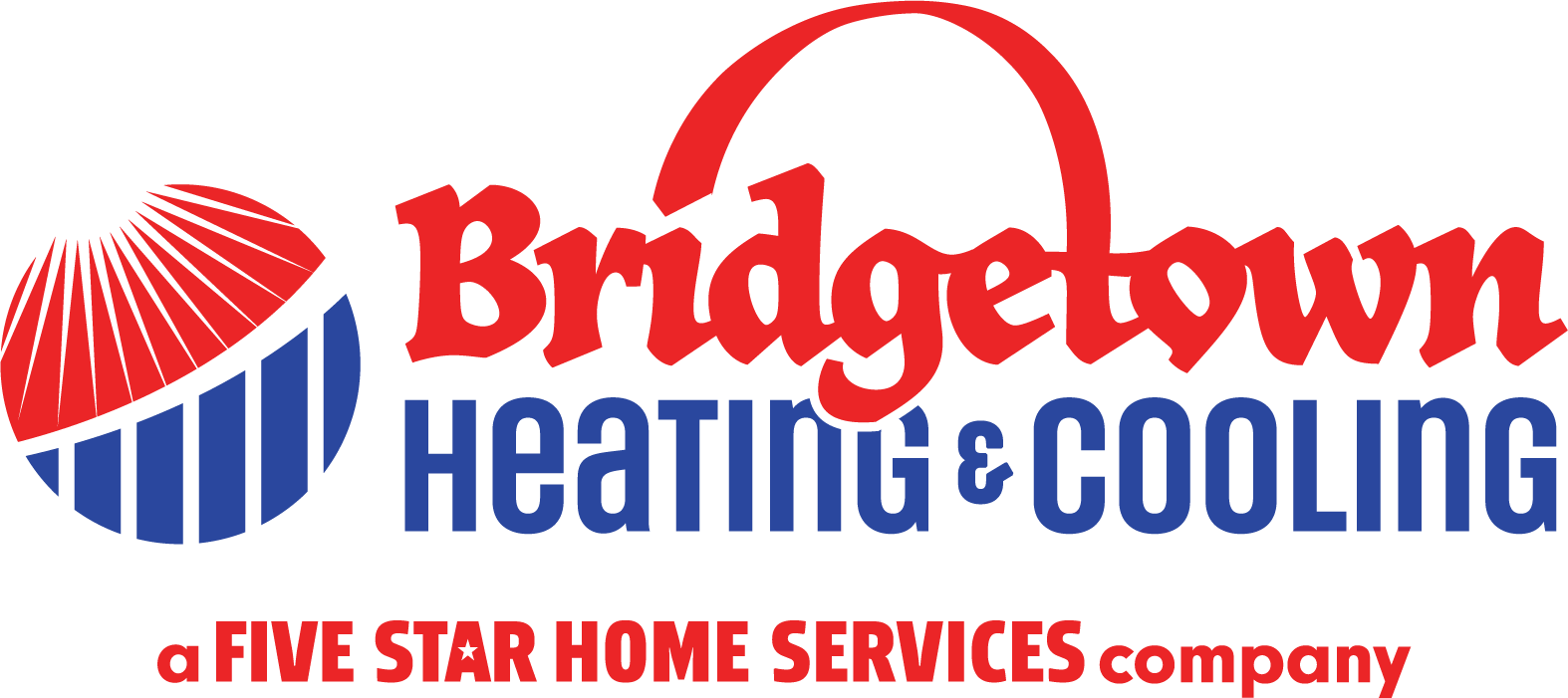Indoor air quality, often known as IAQ, is the condition of the air inside and around a building. It’s essential to understand indoor air quality and its effects on you in order to make educated decisions about your home, health, and well-being. Keep in mind that ventilation, humidity, chemicals, pollutants, dust mites, and mold are some of the factors that can affect your overall indoor air quality. While some of these variables are within your control, others are not. This is why you should contact a Bridgetown Heating & Cooling professional who can better assist and help homeowners take simple measures to enhance their overall IAQ and improve their health and wellness and their loved ones.
What Are the Long-Term Consequences of Indoor Air Pollution?
Indoor air pollution does not always result in a rapid reaction. Although you may not be aware of any issues right now, being informed about the quality of your home’s indoor air is essential. Children, the elderly, and individuals with pre-existing respiratory problems are especially vulnerable to the effects of poor IAQ. According to the EPA, there have been several studies have shown that long-term exposure to low levels of indoor air pollutants can cause severe breathing or heart difficulties. Because of this, all homeowners must understand why one person is affected by varying humidity levels while another has allergy symptoms from mold, mildew, or pet dander. As a result, it would be beneficial to track what causes you and your family members to react to better understand the air around you. Nevertheless, once you’ve identified the offenders, you’ll have a better idea of which IAQ solution is right for your home. And if you still have questions, our knowledgeable and friendly technicians at Bridgetown Heating & Cooling are more than happy to assist!
What Are the Short-Term Consequences of Indoor Air Pollution?
Now that we’ve gone over the long-term consequences, what about the short-term consequences? Depending on the type of air pollutant, health responses can manifest after a one-time or continuing exposure. The initial symptoms of short-term effects are eye, nose, and throat discomfort. Fatigue, dizziness, and headaches are additional signs that your body is reacting to poor indoor air quality. If you have any of these more frequent symptoms, you might be able to figure out what pollutants you’re reacting to and get rid of them. Keep in mind that age and prior health issues, such as asthma can also influence whether or not you’ll react to a substance. Possible scenarios include reactions to new indoor plants, animal dander, mold, mildew, dust particles, or low humidity.
What are the Best Ways to Improve the Air Quality in Your Home?
There are a number of different types of air cleaners on the market. In addition, there is a wide range of products to improve the overall IAQ in your home. From simple tabletop components to sophisticated whole-house solutions. In addition, you may need to invest in either a humidifier or a dehumidifier, depending on the amount of moisture in your home. However, don’t forget to change the air filter on a regular basis as well! Dirty air filters are the most common source of IAQ problems! Below are a few of the most common IAQ products on today’s market:
- Humidifiers: Increased humidity during the winter months has several benefits when there is a lot of dry air. Remember, if humidity levels in a home are too low, it can cause various health issues, including bloody noses, breathing difficulties, sleeping problems, and dry skin. At Bridgetown Heating & Cooling, we provide a variety of humidifiers to choose from, depending on your budget and requirements. As a general rule of thumb, it is good to keep the humidity in your home between 30% and 50%.
- Dehumidifiers: This will aid with any humidity issues in your home. While you don’t want the air in your house to be excessively dry, you also don’t want it to be overly wet either. Excess moisture in a building can cause mold and mildew growth. Dehumidifiers help reduce dampness while also eliminating musty odors by reducing moisture levels.
- Air filters: The air intake is a critical component of your residential HVAC system that serves as the initial line of defense against harmful outdoor elements. Its mission is to gather any remaining particles in the air. For optimum indoor air quality, you’ll need a clean air filter. The function of an air filter is to keep pollutants like dust and pollen out of your home’s ventilation systems. Because of this, a homeowner should inspect and replace their HVAC air filters every month. Keep in mind that some air filters might need to be replaced more frequently than others, depending on the size of your HVAC unit, the sort of filter it uses, or both.
Bridgetown Heating & Cooling can help you improve the air quality inside your house by adding an air cleaning system, such as a humidifier, dehumidifier, or changing your filter. We consider it an opportunity to serve you and your family and show what excellent customer service entails. Call us today at (513) 273-1335, or schedule an appointment online now by clicking here!






